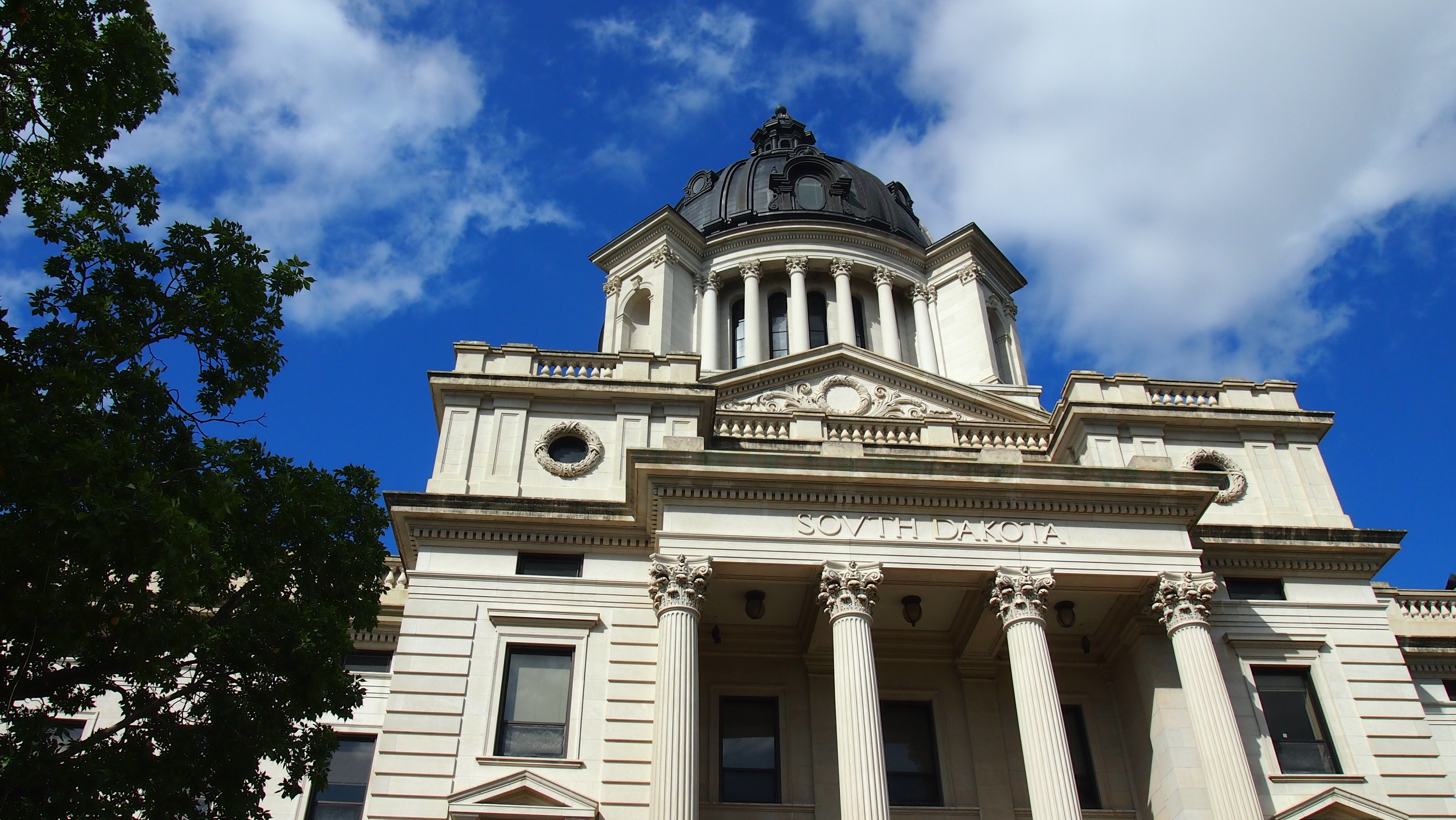
- Details
- By Darren Thompson
PIERRE, S.D. — Senate Bill 166 unanimously passed in the South Dakota Senate Judiciary Committee Thursday morning, making the bill the first time a state government in United States history has approved protections for Native American Two-Spirit individuals.
Native News Online reported on Feb. 16, 2021 that SB 166 includes provisions of existing laws that would protect individuals based on sexual orientation and gender identity with specific identification as Native American Two-Spirit.
“Senate Bill 166, an act to revise provisions regarding hate crimes, was voted and passed unanimously today in the Senate Judiciary Committee,” said Sen. Red Dawn Foster (Oglala Lakota) to Native News Online.
South Dakota law does not prosecute hate crimes based on gender identity or sexual orientation. Federal law has protected both categories since 2009, when the Matthew Shepard and James Byrd Jr. Hate Crimes Prevention Act was signed into law by President Barack Obama. Hate crimes committed on the basis of the victim's sexual orientation or gender identity can be prosecuted in federal court.
“These additions will bring our state hate crime law up to par with federal standards,” said Foster. “Currently, our state law does not include color, disability, sex, sexual orientation, and gender identity, including Native American Two-Spirit. This bill adds these characteristics and makes sure that everyone in South Dakota is equally protected.”
The bill is one of Sen. Foster’s first sponsored bills and is up for a full debate and vote in the South Dakota State Legislature next week.
“I am looking forward to pitching this bill next on the senate floor next week,” Foster said.
The bill, if approved, will expand the prosecution of hate crimes to include race, color, ethnicity, religion, ancestry, national origin, disability, sex, sexual orientation, gender identity, or identification as a Native American Two-Spirit, making it a a Class 6 felony if a person maliciously and with specific intent to intimidate or harass any other person or group of persons in whole or in part because of that person's or group of persons' actual or perceived class.
More Stories Like This
Native News Weekly (August 25, 2024): D.C. BriefsUS Presidents in Their Own Words Concerning American Indians
Ethics Complaint Alleges Former Navajo Nation Chief of Staff Accepted Gifts From Contractor
Monday Morning (December 14, 2025): Articles You May Have Missed This Past Weekend
Native News Weekly (December 14, 2025): D.C. Briefs
Help us defend tribal sovereignty.
At Native News Online, our mission is rooted in telling the stories that strengthen sovereignty and uplift Indigenous voices — not just at year’s end, but every single day.
Because of your generosity last year, we were able to keep our reporters on the ground in tribal communities, at national gatherings and in the halls of Congress — covering the issues that matter most to Indian Country: sovereignty, culture, education, health and economic opportunity.
That support sustained us through a tough year in 2025. Now, as we look to the year ahead, we need your help right now to ensure warrior journalism remains strong — reporting that defends tribal sovereignty, amplifies Native truth, and holds power accountable.
 The stakes couldn't be higher. Your support keeps Native voices heard, Native stories told and Native sovereignty defended.
The stakes couldn't be higher. Your support keeps Native voices heard, Native stories told and Native sovereignty defended.
Stand with Warrior Journalism today.
Levi Rickert (Potawatomi), Editor & Publisher
